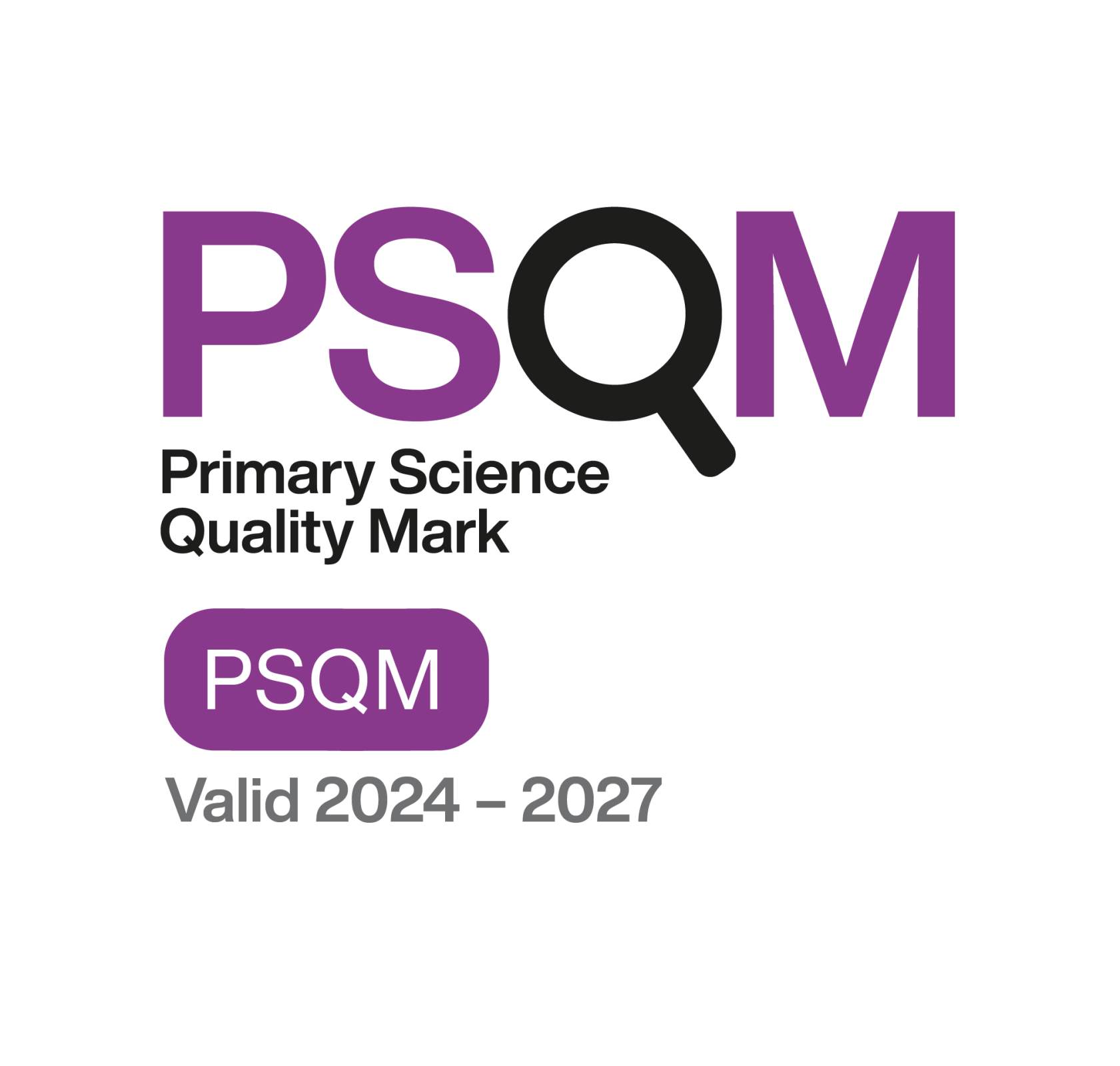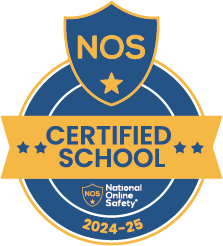Science
Long Term Map
Overview
At Woodstock Primary Academy, our intent is to give every child a broad and balanced science curriculum which empowers them to confidently explore and discover what is around them to enable children to develop a deeper understanding of the world we live in. At Woodstock, we promote children’s science learning to nurture their curiosity about a rapidly evolving world whilst providing children with the opportunity to unleash their inner scientist, ask questions and support them to learn through a trial and error approach. We aim to develop key life skills, including an ability to communicate and form their own opinions based on their observations. We also aim to give unique experiences for each child to grow in their own way and to develop their knowledge, skills and understanding through practical science experiments and investigations.
We intend for children to develop an understanding of the nature, processes and methods of science through different types of science enquiries that help them to answer scientific questions about the world around them. The children are immersed in scientific language, which aides in their knowledge and vocabulary not only of the topics they are studying but also the wider world. The teaching of science aims to create a positive attitude to learning within classrooms to reinforce expectations that all children are capable of achieving high standards and see themselves as scientists.
Science teaching at Woodstock is implemented through projects on a yearly rolling programme. These carefully considered projects ensure progression between year groups, building on prior learning in order to achieve a greater depth of knowledge. The Woodstock Way to approach science is to allow the children to participate in hands-on, exciting science experiments that equip them for the opportunities, responsibilities and experiences of later life. Through our planning, we propose real-life scientific problems that encourage children to ask their own questions and be given opportunities to use their scientific skills. This curiosity is celebrated within the classroom with teachers finding further opportunities to develop children’s understanding of their surroundings by accessing outdoor learning and visits.
We measure the impact of our curriculum by giving children the opportunity to celebrate science through experiments, investigations, explorations and trips which is then assesses against planned outcomes. Pupils voice is also used to further develop the science curriculum, through questioning of views and attitudes to science which supports the children’s enjoyment and overall motivation. Furthermore, teachers use precise questioning in class to test conceptual knowledge and assess children regularly to identify those children with gaps in learning, so that all children are continuously engaged and learning at a comprehensive pace.





 ↑
↑


